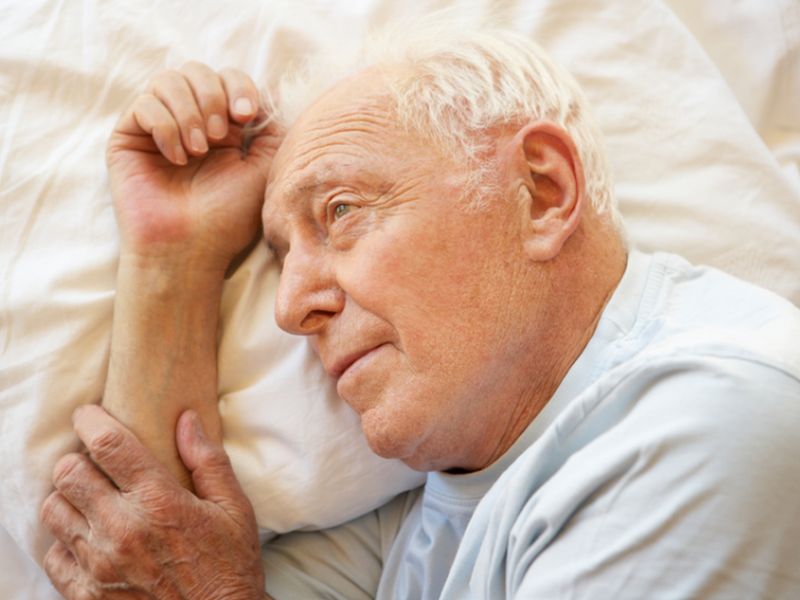
Nearly 1 in 4 people with a mechanical heart valve says the noise it makes disrupts their sleep, a new study finds.
“For some patients the closing sound of their mechanical heart valve reduces their quality of life, disturbs their sleep, causes them to avoid social situations, and leads to depression and anxiety,” said study lead author Kjersti Oterhals. She is a nurse researcher at Haukeland University Hospital in Bergen, Norway.
The Norwegian researchers surveyed 245 patients with a mechanical aortic heart valve. The participants’ average age was 60. Eighty-seven percent of men and 75 percent of women said that they were able to hear the valve. Twenty-three percent said the sound disturbed them during sleep and 9 percent said it disturbed them during the day.
“Most of us need a quiet environment when we are going to sleep and these patients found it hard to ignore the noise from the valve,” Oterhals said.
Just over half said the noise could often or sometimes could be heard by others, but only 16 percent said they sometimes felt uneasy about others hearing it.
About 28 percent of the patients said they would have their mechanical valve replaced with a soundless prosthetic valve if possible, the study revealed.
Thirty-one percent of the patients had mild insomnia and 17 percent had moderate to severe insomnia. Awareness of valve noise was the strongest predictor of insomnia, followed by age, and being female.
Oterhals is scheduled to present the study’s findings at the European Society of Cardiology meeting on Friday, in Jonkoping, Sweden.
Not all patients knew before they received their mechanical heart valve that they might be able to hear it. Most people eventually get used to the sound, the researchers said. But for others, the noise is more distressing.
“One female patient said to me, ‘I will never have silence around me again,’ when she realized she would hear the noise 24 hours a day for the rest of her life,” Oterhals said in a meeting news release.
Common ways that patients dealt with valve noise while in bed included sleeping on their right side in order to reduce the valve noise, putting a duvet around their bodies to isolate the sound, listening to music, and doing relaxation exercises.
Earplugs were not effective and made the valve noise louder, the researchers said.
“We are not very proactive about this issue at the moment. It would improve many patients’ quality of life if we asked them about valve noise and provided advice to those who find it distressing,” Oterhals said.
Findings presented at meetings are typically considered preliminary until they’ve been published in a peer-reviewed journal.
More information
The American Heart Association outlines heart valve replacement options.
Source: HealthDay

Leave a Reply